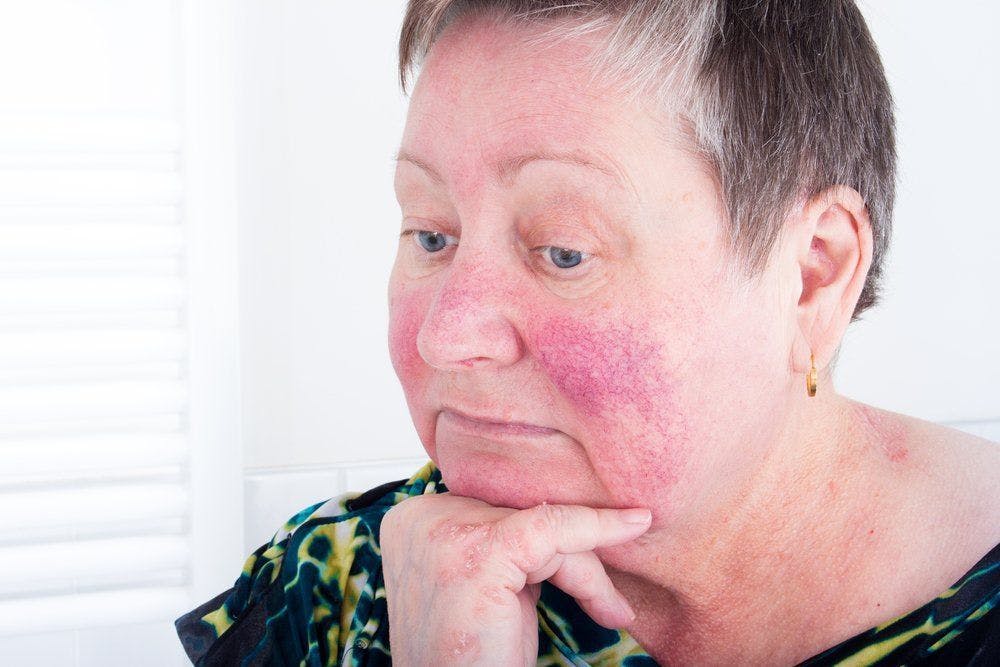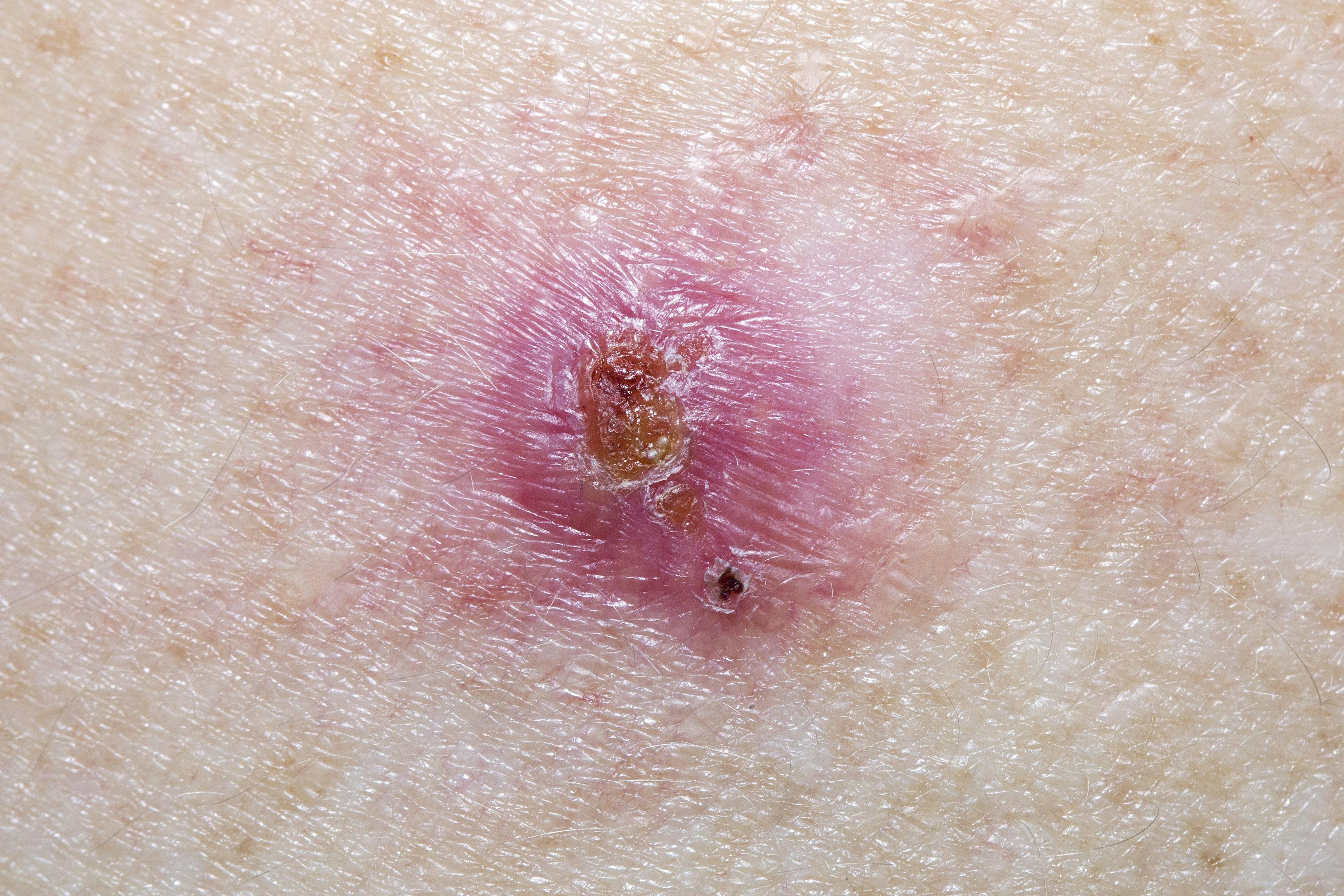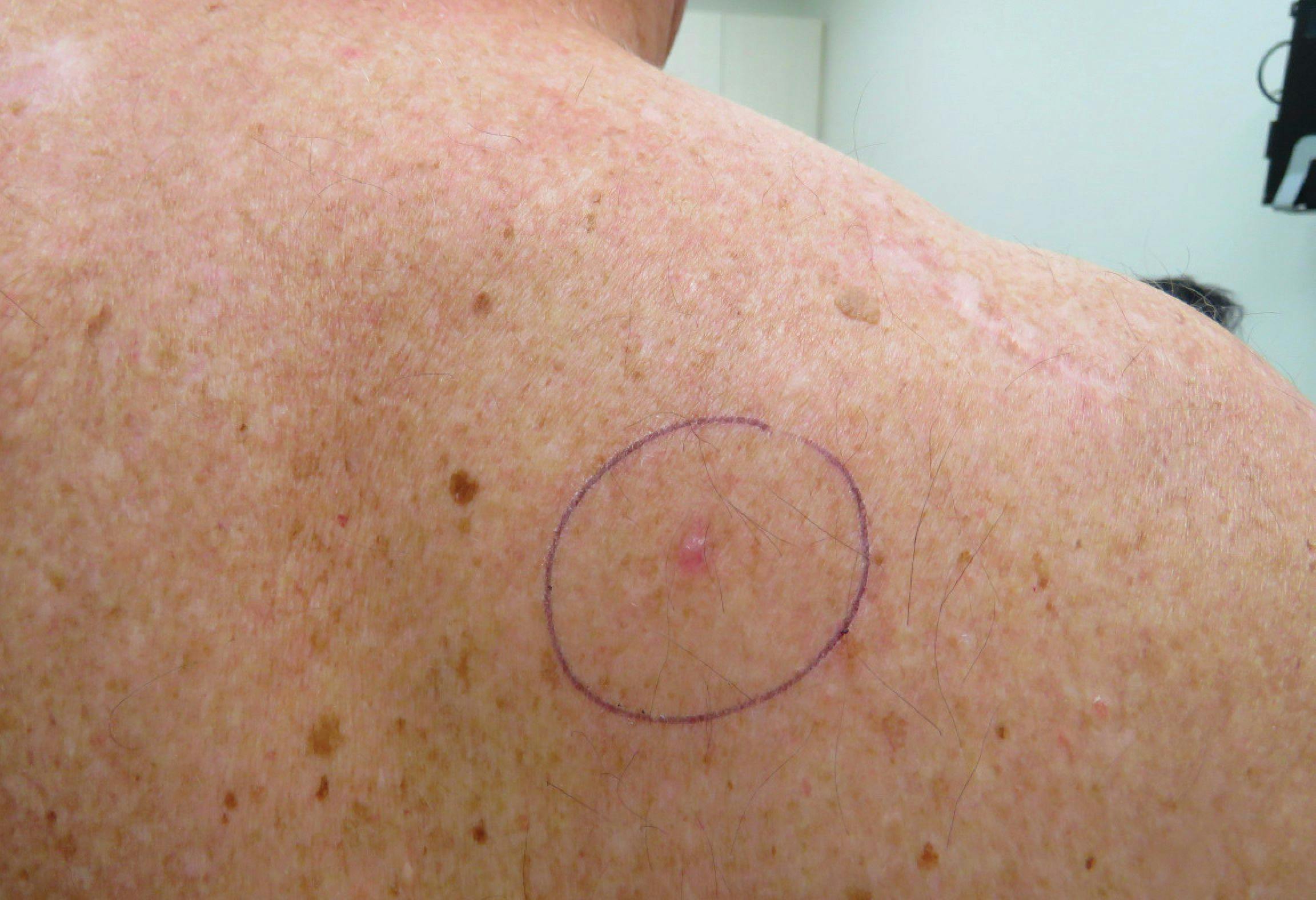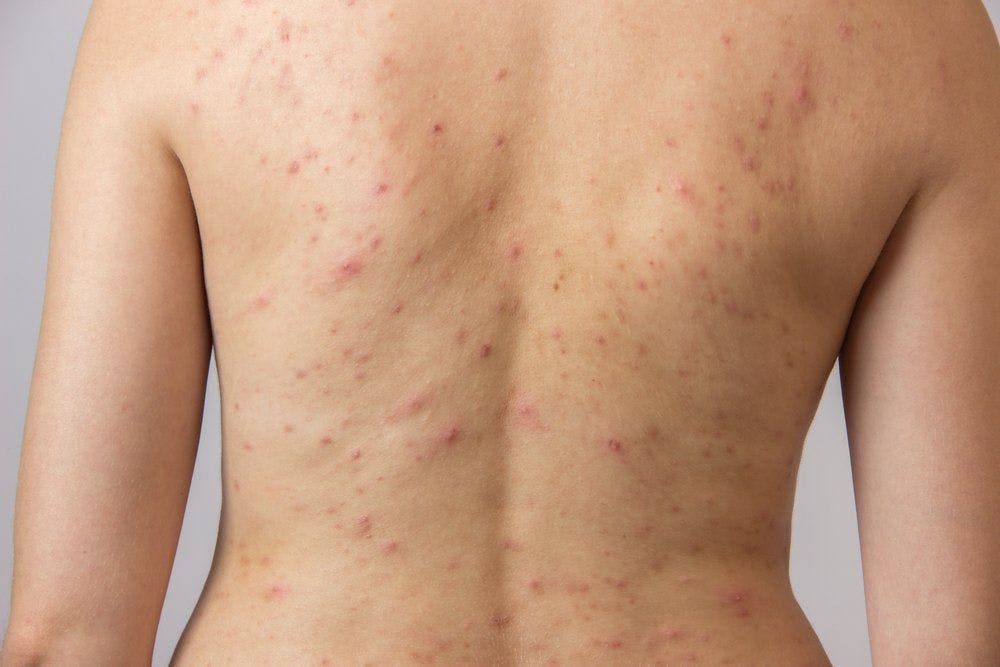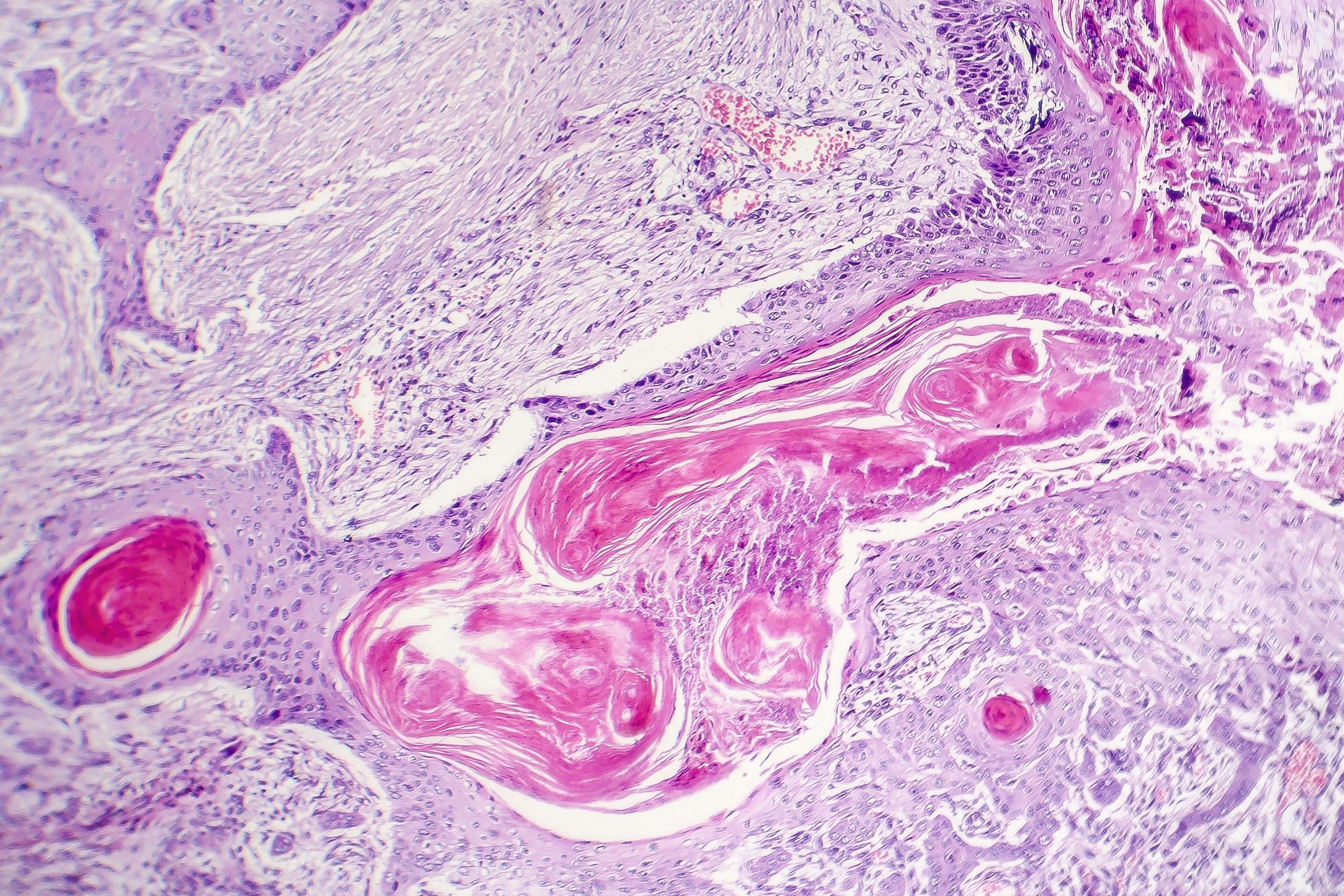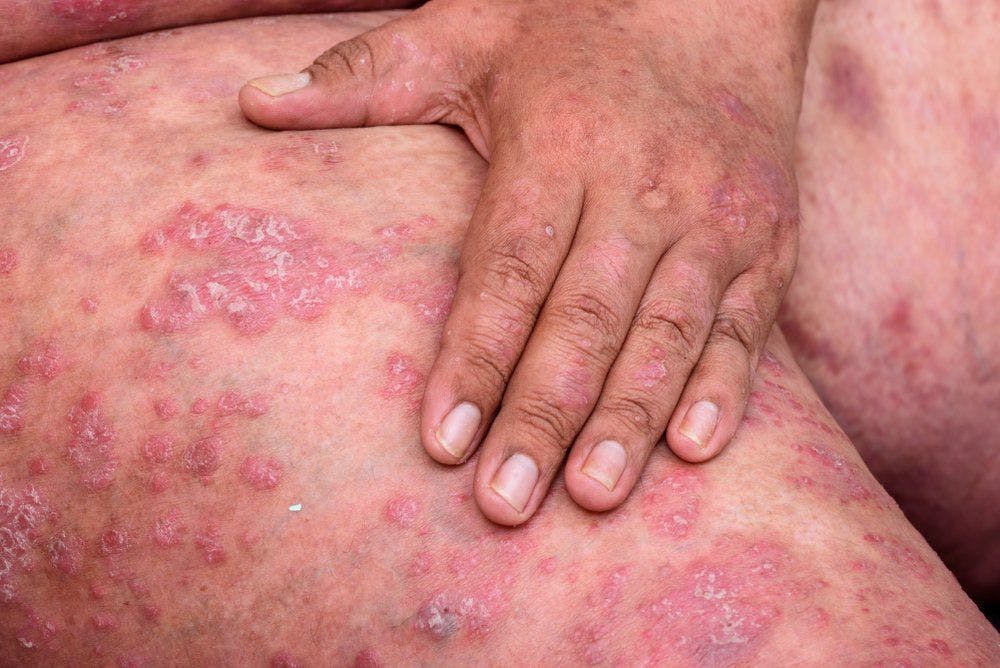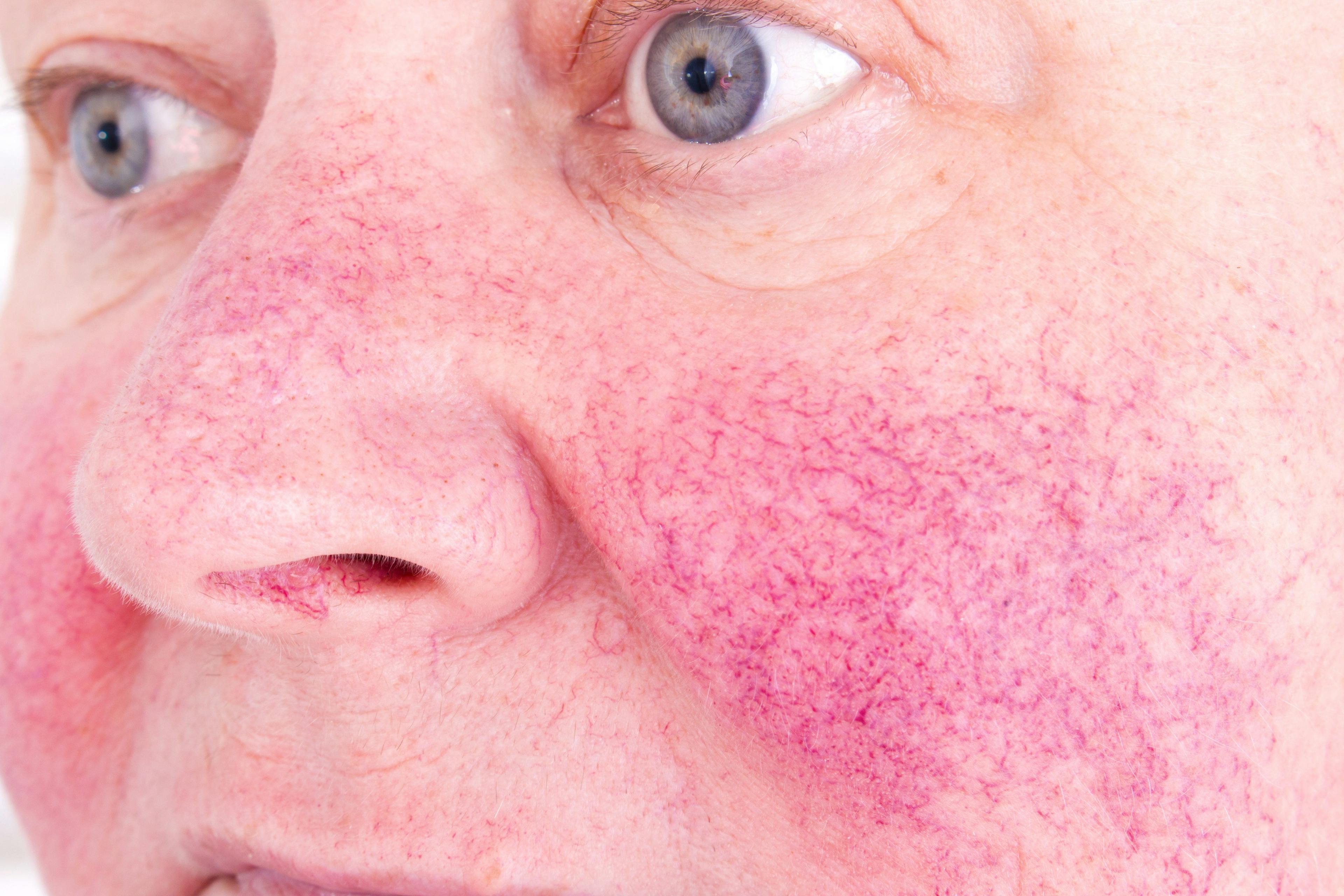Publication
Article
Dermatology Times
Maintenance therapy for basal cell carcinoma proves effective
Author(s):
Researchers investigated the long-term efficacy of low-dose vismodegib in locally advanced basal cell carcinoma patients who achieved complete remission.
Administering a maintenance dose of vismodegib (Erivedge, Genentech) to patients with complete remission is important to stave off tumor recurrences, according to a recent study.1
RELATED: Basal cell carcinoma treatments on the horizon
The hedgehog inhibitor has long proven its efficacy in the treatment of locally advanced and metastatic basal cell carcinoma (BCC), however there is no clear guidance as to maintenance therapy when patients achieve complete remission.
Vismodegib selectively connects to the smoothened protein, deactivating the hedgehog pathway involved in the tumorigenesis process; thus, resulting in tumor growth inhibition. Before the dawn of the hedgehog inhibitors, treatment options for this patient population included surgery, chemotherapy or highdose radiation therapy.
“Locally advanced BCC has always represented an uncommon, difficult-to-treat form of skin cancer, but approval of the hedgehog inhibitor vismodegib in 2012 has provided an effective treatment for patients affected by laBCC and those with metastatic BCC who are ineligible for surgery and/or radiotherapy,” wrote Alessia Villani, M.D., dermatology unit, department of clinical medicine and surgery, Federico II University of Naples, Italy, and fellow authors. Their study recently appeared in Dermatologic Therapy.
In the single-center study, researchers investigated the long-term efficacy of low-dose vismodegib as maintenance therapy in laBCC patients who achieved complete remission of their disease during a one-year follow-up period. The study included 42 patients (35 males, seven females; median age 75 years) who reported complete remission of their advanced BCC after vismodegib treatment of 150 mg/day, following histological confirmation of the complete regression of the BCC, and were subsequently divided into two groups. The first group of patients (n=27; 64%) continued with the “drug holiday” regimen consisting of a once-weekly maintenance dose of 150 mg vismodegib for one year after complete remission of their BCC, while the second group of patients (n=15; 36%) opted to discontinue vismodegib treatment and not take the maintenance dose following complete remission of their BCC due to more severe adverse events including alopecia and muscle pain.
RELATED: Laser therapy may be practical for some basal cell carcinomas
Results showed that those patients who continued with the once-weekly low-dose vismodegib maintenance treatment did not present with any new recurrence of BCC lesions during the one-year follow-up period, and only dysgeusia and muscle pain were reported as adverse events in 48% (13 of 27) and 29.6% (8 of 27) of patients, respectively. Although all of the previously reported adverse events had disappeared, those patients who decided not to continue with the vismodegib maintenance therapy reported a BCC recurrence rate of 26.6% (4 of 15 patients) during the same follow-up period.
The associated adverse events with hedgehog inhibitors can sometimes be challenging to tolerate, the most common of which include muscle spasms, hair loss, dysgeusia, nausea, vomiting, diarrhea, constipation and fatigue. These adverse events can lead to patient compliance issues and result in suboptimal clinical outcomes.
The concept of a “drug holiday” is not new. According to the study authors, many different dose reduction approaches during treatment have been proposed in order to increase a patient's compliance and treatment adherence.
According to the study authors, the novel regimen of prolonged use of 150-mg low-dose vismodegib administered weekly over one year after complete remission of advanced BCC proves to be an effective strategy in eliminating skin tumor recurrence and in reducing the severity of the common adverse events associated with the drug therapy.
“Further randomized controlled studies involving a larger number of patients are required to better confirm the utility of a continuous treatment with vismodegib after the complete remission of BCCs and to define the best treatment strategy for each patient,” the authors write.
Disclosure:
The authors report no relevant disclosures.
Reference:
1. Scalvenzi, M., Cappello, M., Costa, C. et al. Low-Dose Vismodegib as Maintenance Therapy After Locally Advanced Basal Cell Carcinoma Complete Remission: High Efficacy with Minimal Toxicity. Dermatol Ther (Heidelb) (2020).
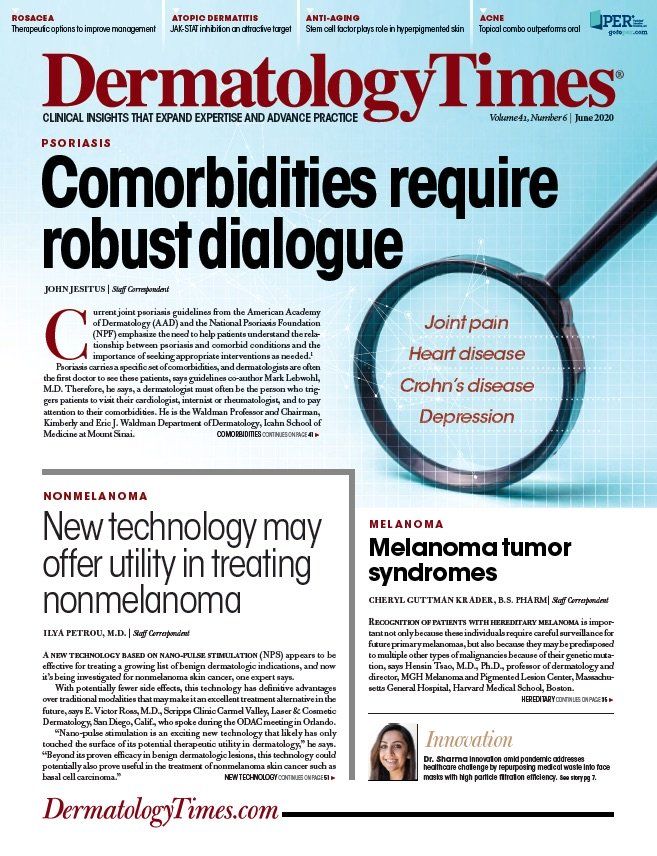
Newsletter
Like what you’re reading? Subscribe to Dermatology Times for weekly updates on therapies, innovations, and real-world practice tips.


